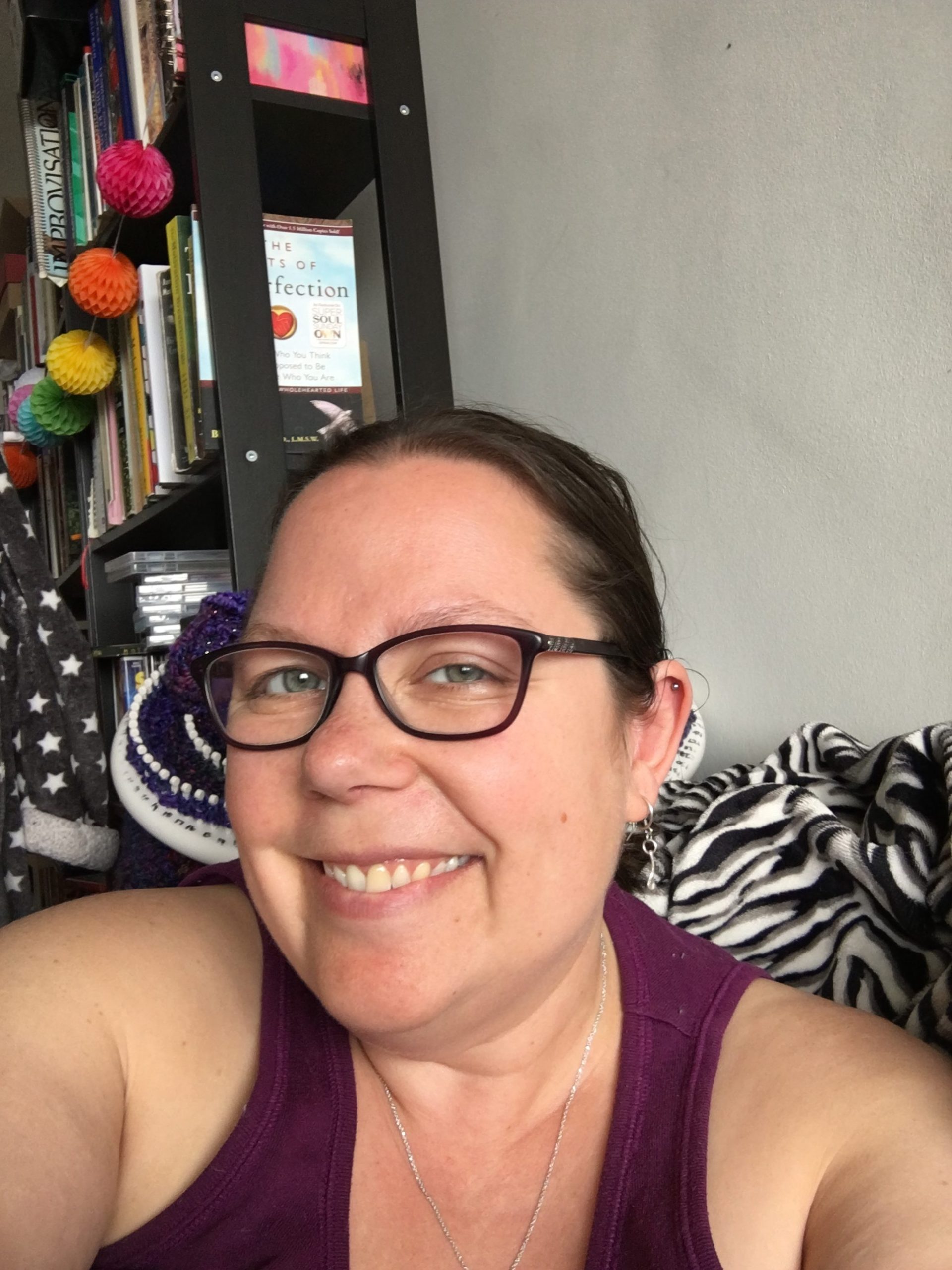How Self-Compassion Changed the Way I Approach my Life
When I first heard the words “self compassion” I was overcome with this feeling of negativity and the rolling of my eyes. Really? I thought. I am filled with compassion for others and work so hard to see the world through that lens. But compassion for myself? Seriously? It seemed both stupid and impossible.
Over the next 2 years I kept hearing the words over and over again. “Can’t you have some compassion for yourself?” “Can you give yourself a little bit of compassion?” So I broke down and read Dr. Kristen Neff’s work and began to implement her ideas.
The concepts in that book changed the way I navigate through my days.
The world and all the crap it throws at me feels different now. I have tools to be compassionate towards myself through challenging times.
Self-compassion is a big term and was completely meaningless to me until I read Dr. Neff’s work. According to Dr. Neff, Self-compassion consists of 3 components:
1. Self-kindness
2. Common Humanity
3. Mindfulness
In her book, The Mindful Self-Compassion Workbook, 2018, Dr.Neff defines each aspect as follows:
Self-kindness: “When we make a mistake or fail in someway, we are more likely to beat ourselves up than put a supportive arm around our own shoulder. […] Self-kindness counters this tendency so that we are caring toward ourselves as we are toward others. […] Instead of attacking and berating ourselves for being inadequate, we offer ourselves warmth and unconditional acceptance. Similarly, when external life circumstances are feeling too difficult to bear, we actively soothe and comfort ourselves.”
Common Humanity: “A sense of interconnectedness is central to self-compassion. It’s recognizing that all humans are flawed works-in-progress, that everyone fails, makes mistakes, and experiences hardship in life. Self-compassion honours the unavoidable fact that life entails suffering, for everyone, without exception. […] But we don’t tend to be rational about these matters. Instead, not only do we suffer, we feel isolated and alone in our suffering. When we remember that pain is part of the shared human experience, however, every moment of suffering is transformed into a moment of connection with others. […] The circumstances are different, the degree of pain is different, but the basic experience of human suffering is the same.”
Mindfulness: “Mindfulness involves being aware of moment-to-moment experience in a clear and balanced manner. It means being open to the reality of the present moment, allowing all thoughts, emotions, and sensations to enter awareness without resistance or avoidance. […] we need to be able to turn toward and acknowledge when when we’re suffering, to “be” with our pain long enough to respond with care and kindness. […] mindfulness prevents us frome becoming absorbed by and “overidentified” with negative thoughts or feelings […] we can acknowledge our suffering without exaggerating it, allowing us to take a wiser and more objective perspective on ourselves and our lives.”
So what does this mean to me? What does this look like in action.
It looks like reframing our experiences to depersonalize them and understand that we can turn to ourselves for comfort in times of distress. It means taking the thought “I’m such an idiot” and turning it into “I made a mistake, everyone makes mistakes, it is okay to feel embarrassed. Everyone experiences embarrassment at some point. I will be okay.”
It looks like allowing grief. It takes the thought “I won’t survive this pain” and turns it into “grief is a part of life. This is overwhelming and heart-breaking. It is normal to feel this way. It is okay to feel the hurt and the pain of this loss and to allow myself to cry, to express the emotions, and to comfort myself with gentleness. We all experience grief. We all feel hurt and pain. I will get through this in my own time as everyone else does.”
As I began to introduce the concept of being compassionate towards myself in times of distress, I began to experience life instead of numbing myself from it. I allowed that I have and will make mistakes. I will have hard times. People will hurt me. I will (unintentionally) cause harm to myself and to others. I will experience loss, and pain, and heartache, and changes beyond my control. And through all of those things, I am capable of being kind to myself, giving myself a hug (feels really weird at first but skin on skin releases dopamine, the “love hormone” whether it is with someone else or from your own touch).
2 years ago, the more times I heard the words “self-compassion” the more irritated I became. After reading the work of Dr. Kristen Neff, and introducing the practice slowly and consistently, I have begun to accept that I can be my biggest cheerleader, my truest comfort, and my closest friend. It is a life-changing way of being.








Leave A Comment